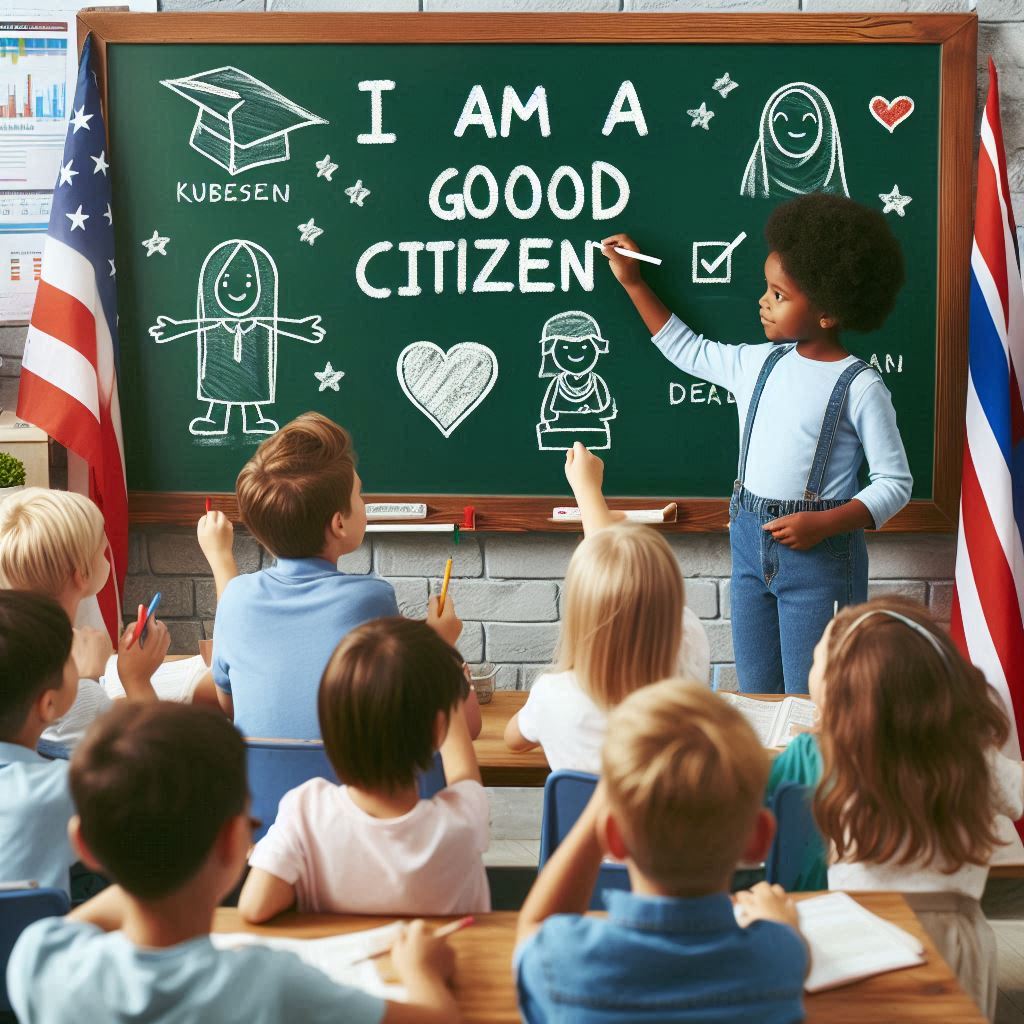|
Getting your Trinity Audio player ready...
|
In an era marked by rapid globalization, interconnectedness, and diverse societal challenges, the importance of Citizenship Education has never been more apparent. Citizenship Education encompasses the teachings and practices that equip individuals with the knowledge, skills, and values needed to participate effectively in their communities and contribute positively to society. This article explores the significance of Citizenship Education in shaping responsible and engaged citizens.
At its core, Citizenship Education aims to cultivate a sense of belonging, identity, and responsibility among individuals towards their communities, nations, and the world at large. It goes beyond traditional academic learning by integrating elements of civic engagement, social responsibility, and ethical decision-making into the educational curriculum. By instilling a deep understanding of democratic principles, human rights, and civic duties, Citizenship Education empowers individuals to become active participants in the democratic process and agents of positive change.
One of the key objectives of Citizenship Education is to foster critical thinking and informed decision-making among learners. In an age of information overload and misinformation, teaching students how to evaluate sources, analyze complex issues, and form well-reasoned opinions is paramount. By promoting media literacy, digital citizenship, and ethical reasoning, Citizenship Education equips individuals with the tools to navigate today’s complex socio-political landscape with confidence and discernment.
Furthermore, Citizenship Education plays a crucial role in promoting social cohesion and inclusivity within diverse societies. By fostering mutual respect, empathy, and understanding across different cultures, religions, and perspectives, it helps bridge societal divides and promote a sense of unity amidst diversity. Through initiatives such as intercultural dialogue, community service projects, and collaborative problem-solving, Citizenship Education nurtures a culture of tolerance, acceptance, and solidarity among individuals from varied backgrounds.
Moreover, Citizenship Education contributes to the development of essential life skills such as communication, teamwork, leadership, and conflict resolution. These skills not only enhance individual capabilities but also enable individuals to engage constructively in public discourse, advocate for positive change, and address pressing societal issues collaboratively. By promoting active citizenship and social responsibility, Citizenship Education empowers individuals to become catalysts for sustainable development, social justice, and peacebuilding in their communities.
In conclusion, Citizenship Education is not just an academic subject but a fundamental pillar of a thriving democratic society. By equipping individuals with the knowledge, skills, and values needed to be responsible, engaged, and ethical citizens, Citizenship Education lays the foundation for building inclusive, resilient, and harmonious communities. As we navigate the complexities of the 21st century, investing in robust Citizenship Education programs is essential to shaping a brighter future for generations to come.




